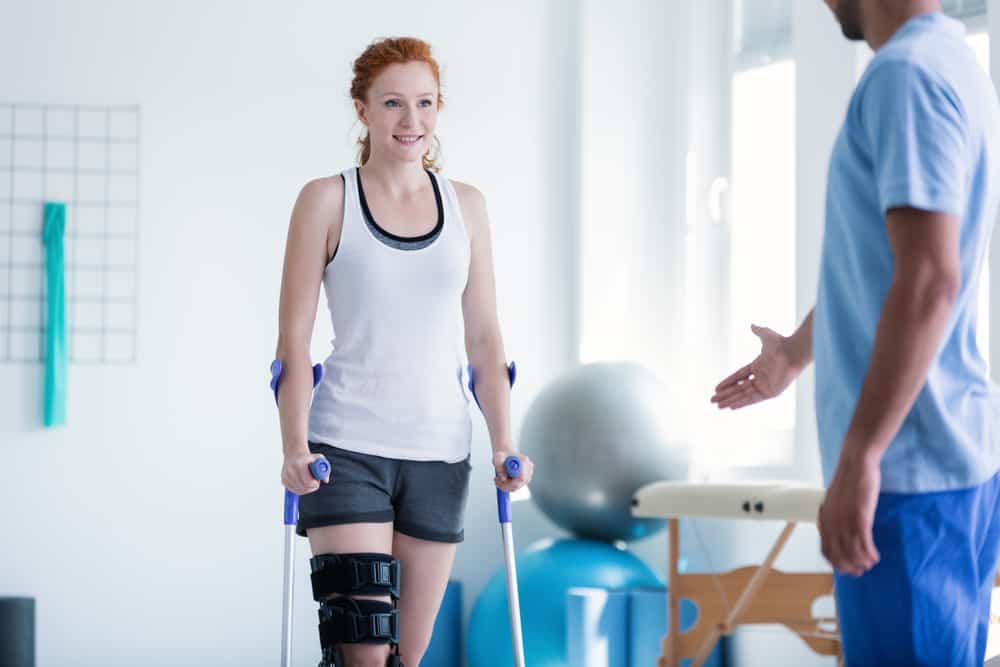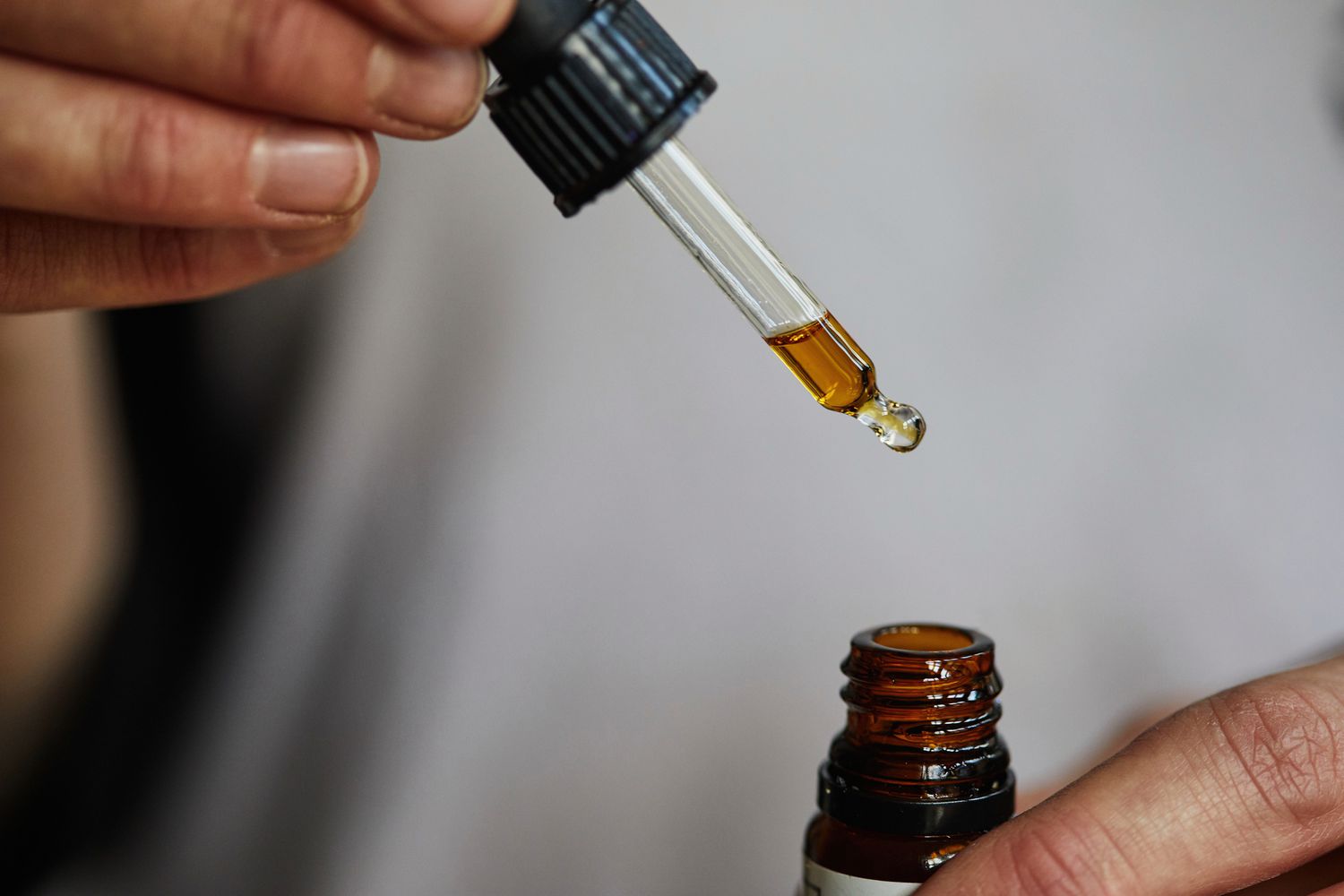Car accidents can have a profound impact on your physical health, leading to a wide range of injuries and discomfort. Recovery from these accidents often involves more than just addressing immediate injuries; it requires a comprehensive approach to restore function, alleviate pain, and regain overall well-being. Physical therapy plays a crucial role in the recovery process by addressing both the physical and emotional aftermath of a car accident.
At Control Physical Therapy, we specialize in helping individuals recover from car accidents with tailored physical therapy programs. In this blog, we’ll explore the importance of physical therapy in the recovery process, the types of injuries that physical therapy can address, and how a personalized therapy plan can facilitate a smoother and more effective recovery.
1. Understanding Common Car Accident Injuries
Car accidents can result in a variety of injuries, ranging from minor to severe. Physical therapy is essential in managing and recovering from these injuries.
Common Injuries Include:
- Whiplash: A neck injury caused by sudden jerking of the head, leading to pain, stiffness, and reduced range of motion.
- Back Injuries: Including herniated discs, muscle strains, and spinal injuries that can cause pain and discomfort.
- Soft Tissue Injuries: Such as strains, sprains, and bruises affecting muscles, ligaments, and tendons.
- Joint Injuries: Including dislocations or fractures that can impact mobility and function.
Physical therapy is designed to address these injuries by promoting healing, reducing pain, and restoring function.
2. Pain Management and Relief
One of the primary goals of physical therapy is pain management. Car accident injuries can lead to significant pain that impacts daily life.
Pain Management Techniques:
- Manual Therapy: Techniques such as joint mobilization and soft tissue massage to alleviate pain and improve range of motion.
- Modalities: Use of heat, cold, ultrasound, and electrical stimulation to reduce inflammation and manage pain.
- Exercise Therapy: Tailored exercises to strengthen muscles, improve flexibility, and support injured areas.
Effective pain management through physical therapy helps patients feel more comfortable and better equipped to engage in their daily activities.
3. Restoring Function and Mobility
After a car accident, injuries can lead to decreased mobility and function. Physical therapy focuses on restoring function and improving mobility to help patients return to their normal activities.
Functional Rehabilitation:
- Range-of-Motion Exercises: Designed to improve joint movement and flexibility.
- Strength Training: Exercises to rebuild muscle strength and support injured areas.
- Balance and Coordination Training: Activities to enhance stability and prevent falls.
Restoring function and mobility is essential for regaining independence and improving overall quality of life.
4. Preventing Future Injuries
Physical therapy not only helps with recovery but also plays a role in preventing future injuries. Proper rehabilitation can address underlying issues that may lead to additional problems.
Injury Prevention Strategies:
- Postural Education: Teaching proper body mechanics and posture to reduce strain on the body.
- Corrective Exercises: Identifying and correcting movement patterns that could contribute to future injuries.
- Strength and Flexibility Programs: Ensuring that the body is well-conditioned to handle everyday stresses and activities.
By focusing on injury prevention, physical therapy helps reduce the risk of future problems and supports long-term health.
5. Addressing Emotional and Psychological Impact
Car accidents can also have emotional and psychological effects, such as stress, anxiety, and depression. Physical therapy can provide support in addressing these aspects.
Emotional Support:
- Therapeutic Relationship: Building a supportive relationship with a physical therapist can provide emotional encouragement and motivation.
- Stress Management Techniques: Incorporating relaxation exercises and coping strategies to help manage stress and anxiety.
Addressing the emotional impact of a car accident is important for overall recovery and well-being.
6. Customized Rehabilitation Plans
Every car accident recovery is unique, and physical therapy involves creating customized rehabilitation plans to meet individual needs.
Tailored Approach:
- Personalized Assessment: Evaluating the specific injuries, limitations, and goals of each patient.
- Individualized Therapy: Developing a therapy plan that addresses the specific needs and recovery goals of the patient.
- Progress Monitoring: Regularly assessing progress and adjusting the treatment plan as needed.
A customized approach ensures that therapy is effective and relevant to each patient’s recovery journey.
7. Conclusion
Recovering from a car accident requires a comprehensive approach to address physical injuries, manage pain, restore function, and support overall well-being. Physical therapy plays a vital role in this process by providing targeted interventions to promote healing, prevent future injuries, and improve quality of life.
If you have been in a car accident and are looking for expert support to aid your recovery, contact Control Physical Therapy today. Our experienced team is dedicated to helping you through every step of your recovery journey with personalized care and effective therapy solutions.




